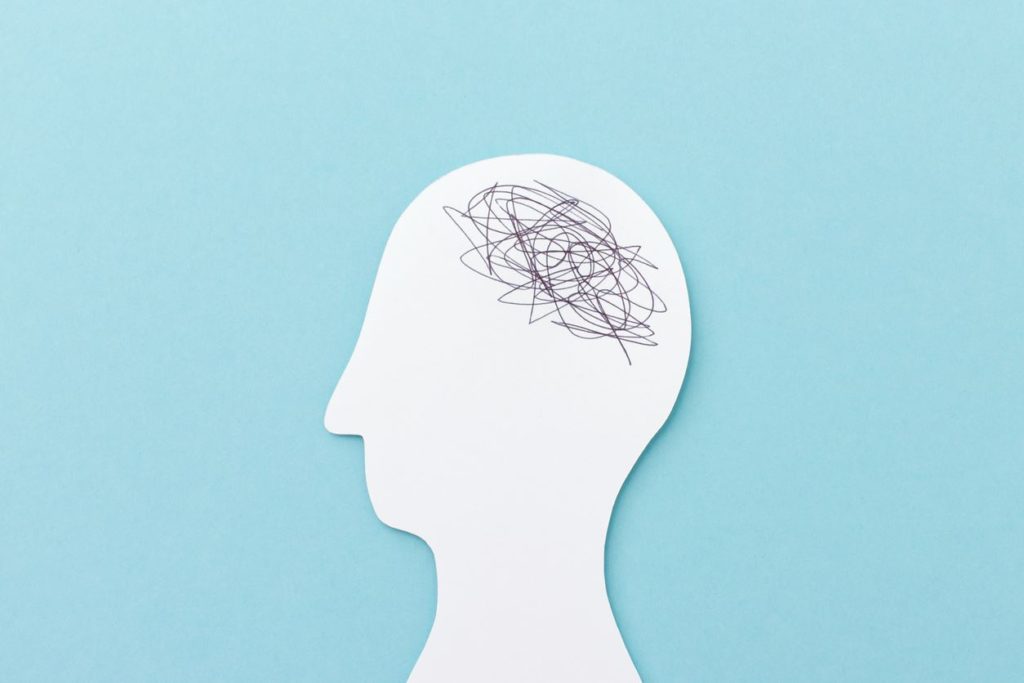Recognizing the Signs of Substance Addiction and How to Help Them

Did you know that one in 10 people suffer from addiction at some point in their lives? The stigma behind addiction and the common treatment of it as a crime rather than a health disorder can prevent adults from getting the help they need in order to recover and live a healthier, sober life.
One of the best things you can do, for those around you who may be struggling, is to learn and recognize common signs of substance addiction. Once you’re able to detect these symptoms, you’ll better be able to approach your loved one in a non-judgmental, loving way, helping them get on the path to recovery.
These are some common signs of substance addiction you should be aware of.
Noticeable Mood Swings
While everyone has their good and bad days, those struggling with substance addiction are more prone to noticeable mood swings. This is often because the substance they use alters their brain chemistry and makes them more susceptible to emotional highs and lows. These mood swings can also be common if the person finds themselves without their substance, leading to sudden frustration, sadness, or anger.
Being More Secretive
Often, as they try to hide their addiction from those around them, adults can become secretive and elusive. You may see the person sneaking off at night more frequently, keeping doors locked in their home, and refusing to tell you about other people in their lives.
Changing Energy Levels
The same way that many substances can alter a person’s emotional state of being, they can also have a large impact on their energy levels. Certain drugs, such as cocaine and some prescription drugs, can greatly increase a person’s energy levels. Other substances, such as marijuana and alcohol, can make them feel more lethargic and cause them to sleep for unexplained amounts of time.
Missing Work and Family Obligations
As their addiction becomes more serious, a person may shirk off career and family obligations in order to dedicate more time to their substance. However, sometimes it’s because they’ve completely lost track of time entirely, due to substance abuse. Additionally, they might also miss these events because they feel too worn out or hungover after a substance binge and don’t physically, or emotionally, feel up to following through on other commitments.
Drastic Weight Change
Many substances cause a change in appetite for those using them. The high that occurs from certain drugs, such as opiates or marijuana, may increase a person’s appetite, resulting in their eating more and gaining weight. Other drugs, such as cocaine or methamphetamine, cause drastic weight loss due to appetite-suppressing or side effects of nausea, making a person want to avoid eating altogether.
Loss of Interests
Similarly to missing work or family events, adults struggling with addiction often lose the desire to participate in general interests and hobbies. Someone who may have once enjoyed hiking or going to sporting events may now want to dedicate more time to using their substance or hanging out with people who have the same addiction.
Missing Valuables
Using drugs or alcohol is an expensive addiction. After they have exhausted their ways of paying for the substance out of their own pockets or from their savings, many adults struggling with addiction will start to sell valuables that they possess in order to fund their habit. While this is bad enough, to begin with, it can often create tension if they begin stealing or selling items that aren’t theirs.
When You Should Step In
While it’s best to try and help your loved one as soon as possible, there are certain signs to recognize that their addiction has severely worsened and needs attention right away.
Heightened Tolerance
The more a person uses a substance, the higher their tolerance becomes to it. This leads to the person using the drug or drinking alcohol to use even more in order to feel the same effect — and that can be even more dangerous to their health.
Forgetfulness
As a substance alters a person’s memory and ability to remember things, they can often blackout and forget saying or doing certain things. When their addiction reaches this point, it’s vital they get into a recovery program.
Financial Problems
As we mentioned, substance addiction is an expensive habit. While it is possible for an adult to be financially-successful and fund their habit for a while, eventually, their addiction will take over their finances and ultimately affect those that depend on them as well.
How to Help Those With Addiction
The best thing you can do to help a loved one struggling with addiction is to calmly approach them, express your concern in a loving way, and offer to help them find an addiction recovery program that fits their needs.
It’s important to note that different treatment programs are necessary for those at different stages of their lives. Adults in their mid-lives have different needs and are going through different things than those who are younger, and therefore need a treatment program tailored to them.
At Silver Ridge, we offer treatment specifically designed for those in midlife. Our holistic approach involves conventional and complementary therapies that address the individual’s multiple needs and issues for whole-person healing. Get your fresh start and contact us today.









